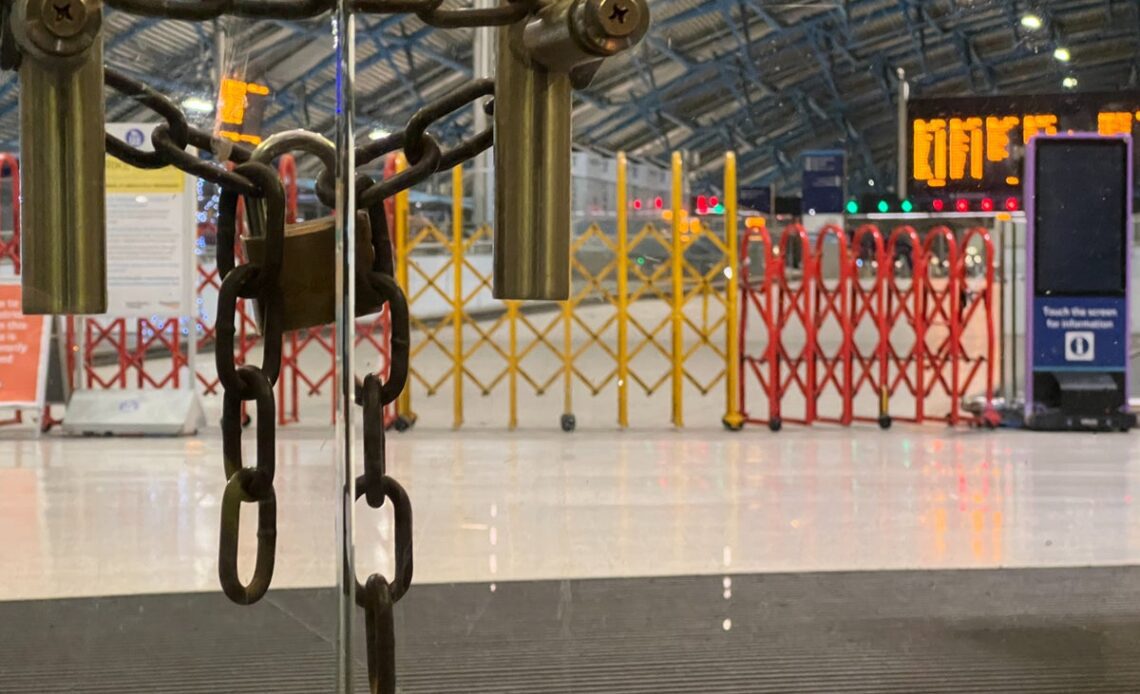As the latest national rail strike began, the boss of the main union involved has blamed the former transport secretary, Grant Shapps, for blocking a settlement to the six-month dispute.
Mick Lynch, general secretary of the RMT union, told The Independent: “I think Grant Shapps has still got his hand in it, because they [the cabinet] do a ‘round robin’ about proposals.
“He’s going to be leading the new wave of anti-trade laws. So I think there are people intervening, and vetoing the Department for Transport’s stand.
“I told the minister, the secretary of state, that he’s not got the authority of an independent department.
“Other people are telling him what to do and other people are telling him what to write down in the proposals. And that’s where the blockage is.
“We’ll talk to both sides, Network Rail and the TOCs, to see if we can move it forward, and we are available any time in order to do that.”
Most trains are cancelled today and tomorrow, on the ninth and 10th national strike days called by the RMT this year. Further strikes will take place on 16-17 December and 3-7 January.
Mr Lynch said: “We are sorry about the disruption that’s being caused. We are trying to minimise that. We haven’t actually been on strike for two months, to try and get a negotiated settlement, but we’re not any closer – certainly on the train operating companies.
“With Network Rail we’ll try and get around the table with them, and indeed, with anyone else who can help including rail ministers and secretaries of state if they want to come and participate.”
On Monday the RMT announced that 63.6 of members had accepted its advice to reject the Network Rail proposal for a 9 per cent increase over two years.
The general secretary said: “Network Rail did a lot of work. They had a massive team of communications people, they were putting propaganda out inside the company, they were getting people into forums and all the rest of it, and our members resisted that.
“They don’t want to accept the deal. They think it’s undervalued and they still don’t like the conditions that the companies put on the deal – the changes to their working lives.”
On the dispute with train operators, Mr Lynch said that a last-minute addition of a demand for the extension of “driver-only operation” (DOO) of trains meant it would…
Click Here to Read the Full Original Article at The Independent Travel…
